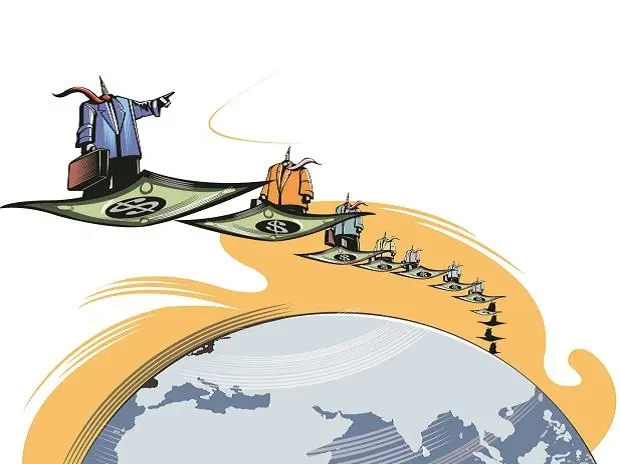In February 2024, Brazil saw its Foreign Direct Investment (FDI) fall to $5.0 billion, the lowest February mark since the pandemic’s onset in 2020.
This $5.0 billion figure was 30.1% less than the $7.2 billion recorded in February 2023.
The breakdown showed $4.5 billion in capital participation and $474 million from intercompany dealings.
Despite this slump, the first two months of 2024 together brought in $13.8 billion in FDI, slightly up by 0.4% from $13.7 billion in the corresponding period of 2023.
Yet, when looking at the year ending in February 2024, FDI summed up to $62.0 billion, or 2.80% of Brazil’s GDP.
This level shows a downturn from the $64.2 billion seen the previous month and a notable fall from the $74.8 billion recorded in February 2023.
A wider view shows a consistent decline in Brazil’s FDI over the last year, with a 22.8% drop to $57.5 billion in the twelve months leading up to October 2023.
This $17 billion fall from the year before reflects challenges such as lower commodity prices and heightened fiscal risks, dampening Brazil’s appeal to global investors.

The Central Bank of Brazil’s statistics underscore the hurdles in keeping and boosting FDI amid changing world economic conditions.
This trend points to the need for Brazil to address issues that may be repelling investment, to ensure economic stability and growth.
Background
In 2023, Brazil’s FDI fell by 35.9%, reaching only $52.7 billion from January to November.
This marks the lowest FDI since 2021’s $51.6 billion. FDI reflects long-term investments in business ventures and infrastructure.
Brazil’s risk premium is among the highest for emerging markets, fueled by concerns over fiscal policy changes.
Historically, Brazil attracted substantial foreign investment, especially during the commodities boom.
However, recent economic and political challenges have dampened investor confidence.
The country’s extensive bureaucracy and fluctuating commodity prices further complicate the investment climate.

